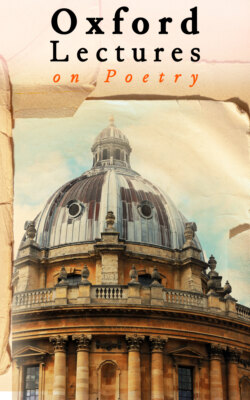Читать книгу Oxford Lectures on Poetry - A. C. Bradley - Страница 7
На сайте Литреса книга снята с продажи.
NOTE B
ОглавлениеA lyric, for example, may arise from ‘real’ emotions due to transitory conditions peculiar to the poet. But these emotions and conditions, however interesting biographically, are poetically irrelevant. The poem, what the poet says, is universal, and is appropriated by people who live centuries after him and perhaps know nothing of him and his life; and if it arose from mere imagination it is none the worse (or the better) for that. So far as it cannot be appropriated without a knowledge of the circumstances in which it arose, it is probably, so far, faulty (probably, because the difficulty may come from our distance from the whole mental world of the poet’s time and country).
What is said in the text applies equally to all the arts. It applies also to such aesthetic apprehension as does not issue in a work of art. And it applies to this apprehension whether the object belongs to ‘Nature’ or to ‘Man.’ A beautiful landscape is not a ‘real’ landscape. Much that belongs to the ‘real’ landscape is ignored when it is apprehended aesthetically; and the painter only carries this unconscious idealisation further when he deliberately alters the ‘real’ landscape in further ways.
All this does not in the least imply that the ‘real’ thing, where there is one (personal emotion, landscape, historical event, etc.), is of small importance to the aesthetic apprehension or the work of art. But it is relevant only as it appears in that apprehension or work.
If an artist alters a reality (e.g. a well-known scene or historical character) so much that his product clashes violently with our familiar ideas, he may be making a mistake: not because his product is untrue to the reality (this by itself is perfectly irrelevant), but because the ‘untruth’ may make it difficult or impossible for others to appropriate his product, or because this product may be aesthetically inferior to the reality even as it exists in the general imagination.
